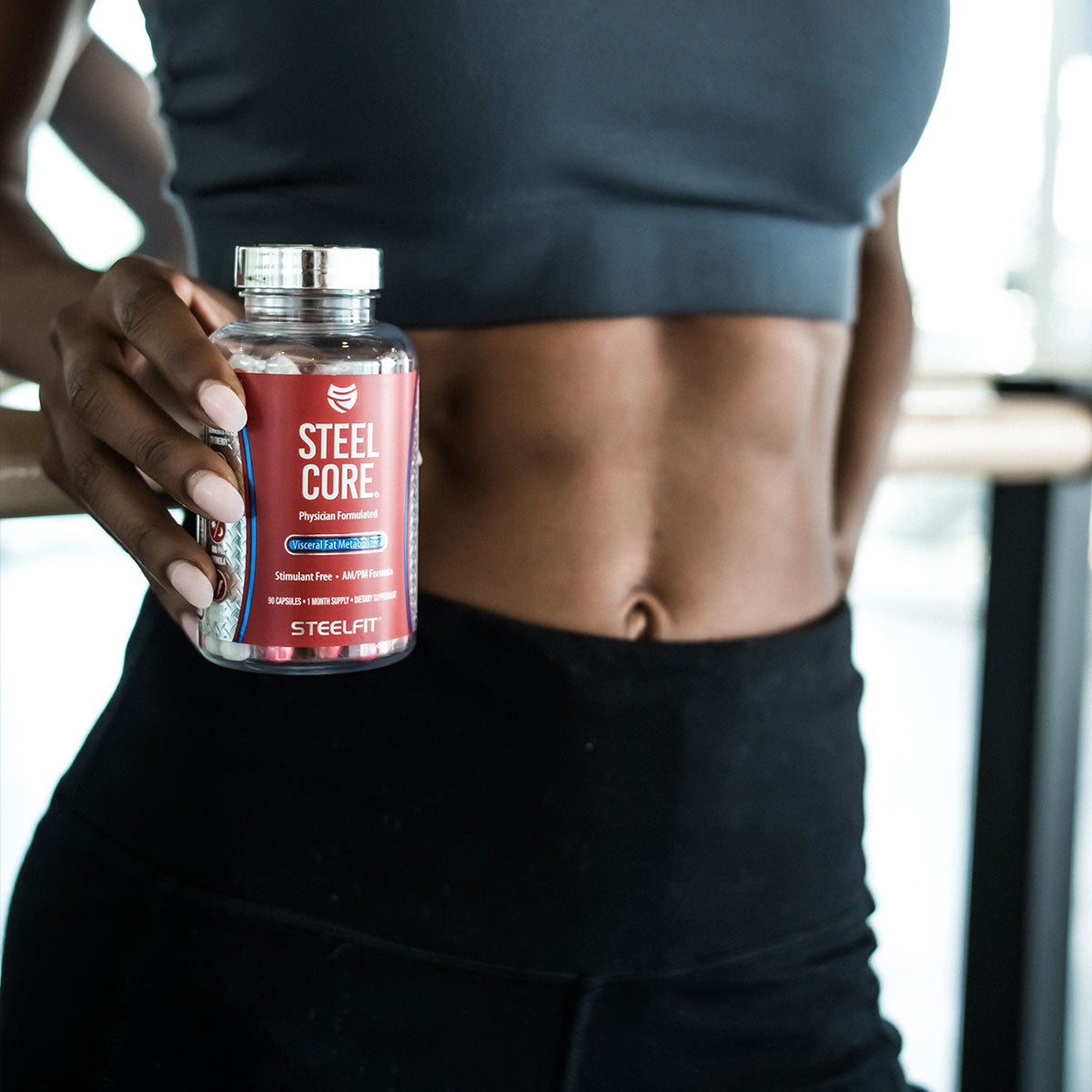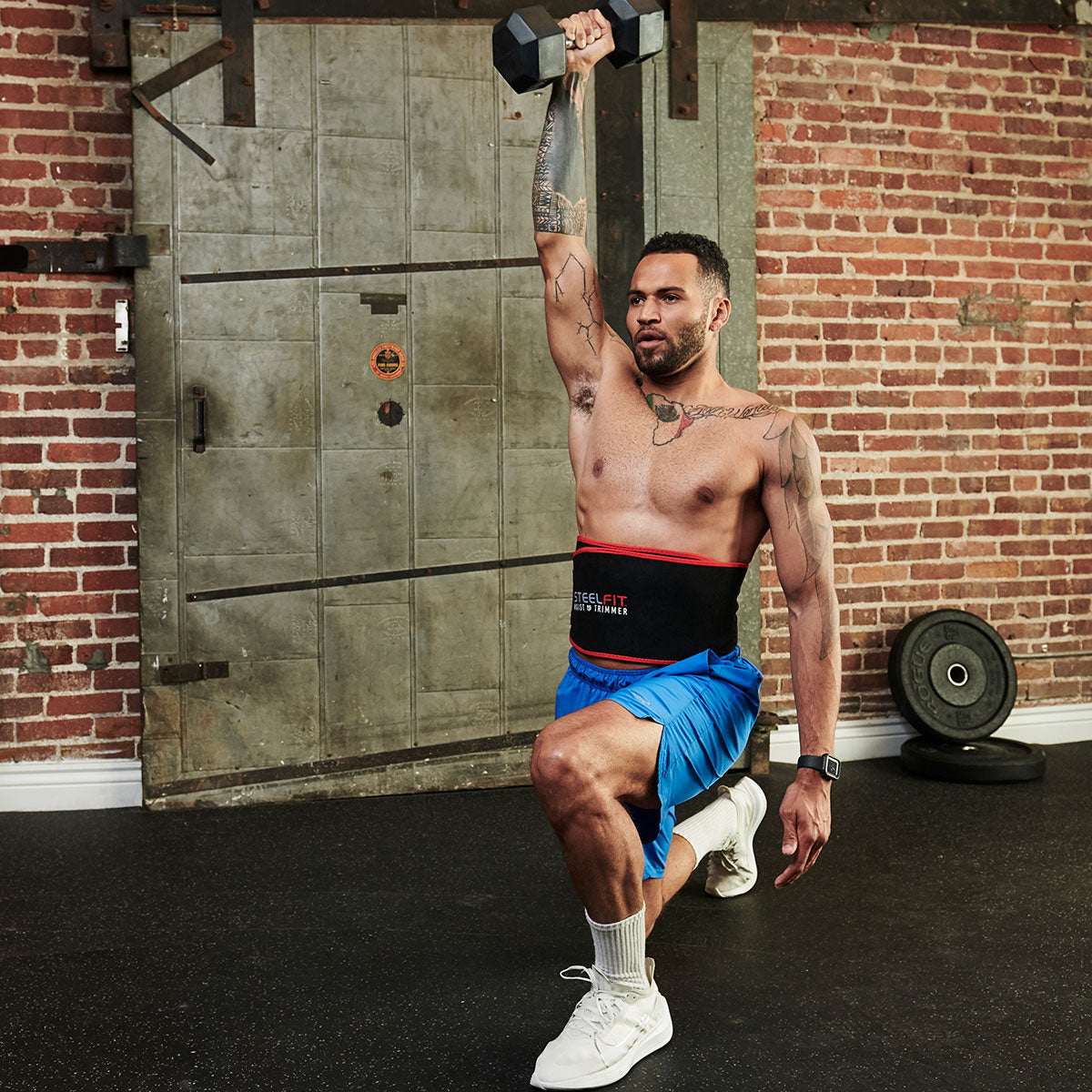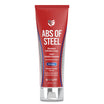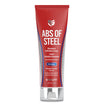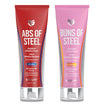Spend any time talking to trainers at the gym or browsing the aisles of your local supplement shop, and you’ll hear recommendations from numerous people stating how vital BCAAs are to your training. The problem is, you have no clue what a BCAA is, or what it really does.
Sit back and take a deep breath, you haven’t missed out on any gains or gained any fat by not using them during your workout, but you could be missing out on some key muscle-building and recovery benefits by not using them while training. That’s where this no-nonsense guide to BCAAs comes in handy.
After reading this, you’ll know all the ins and outs of Branched-Chain Amino Acids and what they can do for you!
What are BCAA’s?
In the body, there are 20 amino acids used to synthesize proteins. String enough of these proteins together and you build muscle. The 20 amino acids can be grouped into two categories: essential or non-essential. Essential amino acids (EAAs) are the nine amino acids must be consumed through the diet, since the body cannot produce them. Non-essential amino acids are ones which the body can synthesize. BCAAs, short for branched-chain amino acids, are a special subgroup of essential amino acid comprised of leucine, isoleucine and valine. The BCAAs get their name from the unique “branch”-like structure they possess. Together, the three BCAAs account for roughly 35% of your muscle mass, which is part of the reason why they’re so important! BCAAs can be found in whole foods, particularly animal protein, of which dairy and meat are the most plentiful.What do BCAAs do?
Due to their unique structure, the BCAAs can perform a rather neat “trick” in the body. Basically, rather than get sent to the liver for processing, the BCAAs are sent directly to your muscles where they are oxidized (“broken down”) for use as energy during ATP production. The BCAAs are converted into glucose, pyruvate, and various other intermediates required by the body, where they increase the availability of carbohydrates and protect muscles against exercise-induced catabolism (muscle breakdown). Perhaps even more important than providing energy to your muscles, is the fact that BCAAs stimulate muscle protein synthesis (muscle growth). So, not only are these three mighty amino acids great for preserving your muscles while dieting and training, they also help your muscles to grow bigger and stronger! You’re probably thinking that you should be consuming BCAAs all the time, well, that’s not ideal either, as your body needs all 9 essential amino acids in order to build proteins, and consuming only the three BCAAs would mean you’re lacking in 6 other important amino acids. Plus, the other EAAs compete for the same receptors in your body as the BCAAs, so if you’re overloading on the BCAAs, you’re essentially bottlenecking your muscle building abilities. It is important to maintain a steady stream of amino acids before, during, and after training though, as this provides the energy your muscles need to perform as well as prevent muscle loss and enhance muscle repair and growth.When to use BCAAs?
BCAAs as an intra-workout supplement is important to use for hard-training athletes who may be at risk for catabolism due to the intense nature of their workouts or those following a very low calorie diet. This essentially breaks down to three classes:- Resistance-Training (Weightlifters): Resistance training is the key to getting bigger and stronger, but to do so requires you to breakdown your muscles so that they repair and grow. Using BCAAs before, during, and after your training provides the energy your muscles need to perform as well as stave off excessive catabolism, which could lead to significant muscle breakdown, i.e. lost gains.
- Endurance Athletes: Endurance athletes train for hours on end without getting in any form of nutrition, setting them up massive muscle loss. But, consuming some form of BCAA supplement while training prevents this breakdown and helps preserve lean muscle mass.
- Dieters: During periods of reduced calorie intake, your body is at an increased risk for muscle loss. In an effort to make up for the lack of calories you’re consuming, the body will cannibalize itself to get the required energy it needs to keep functioning. Consuming BCAAs (and ample protein) while dieting staves off catabolism, and ensures that you’re only losing fat and not muscle.
BCAA Benefits
- Stimulates muscle protein synthesis
- Increases lean mass
- Prevents catabolism
- Improves endurance
- Enhances mental performance
- Accelerates recovery
- Reduces soreness
Wrap Up
BCAAs are absolutely essential for optimal performance and muscle growth. Without these three amino acids, your ability to build muscle will be severely limited. But, with BCAAs by your side, your performance, growth, and recovery will be better than ever before.References
- Md. Monirujjaman and Afroza Ferdouse, “Metabolic and Physiological Roles of Branched-Chain Amino Acids,” Advances in Molecular Biology, vol. 2014, Article ID 364976, 6 pages, 2014. doi:10.1155/2014/364976
- Blomstrand E, Ek S, Newsholme EA. Influence of ingesting a solution of branched-chain amino acids on plasma and muscle concentrations of amino acids during prolonged submaximal exercise. Nutrition. 1996;12(7-8):485-490.
- Howatson G, Hoad M, Goodall S, Tallent J, Bell PG, French DN. Exercise-induced muscle damage is reduced in resistance-trained males by branched chain amino acids: a randomized, double-blind, placebo controlled study. Journal of the International Society of Sports Nutrition. 2012;9:20. doi:10.1186/1550-2783-9-20.
- Blomstrand, P. et.al. “Administration of Branched-Chain Amino Acids During Sustained Exercise – Effects on Performance and On Plasma Concentration of Some Amino Acids.” European Journal of Applied Physiology and Occupational Physiology (1991), 83-88, Accessed November 20, 2014, doi: 10.1007/BF00235174


